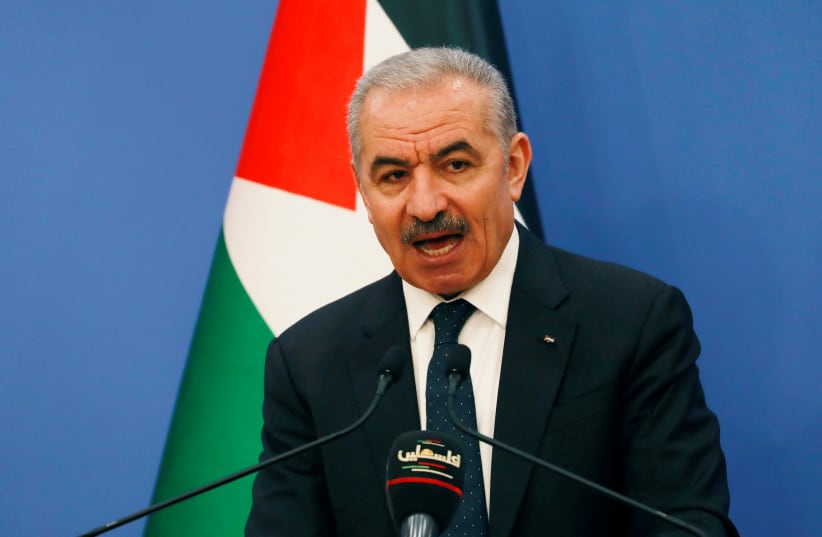At a ceremony at the White House tomorrow, Israel will sign a treaty with the United Arab Emirates and Bahrain, which announced the normalization of ties on Friday. Yesterday, Oman praised the treaties and it seems likely that other Arab countries, including Morocco and Saudi Arabia, will follow suit sooner or later.
This is a cause for celebration. Not only does it end a state of hostile relations, it offers all the countries an opportunity to work together and share knowledge, technology and resources for the benefit of all. The possible ties can be found in a broad range of fields including health, agriculture, environment, tourism, telecommunications, culture and even space research. But, true to the old cliché originally expressed by Abba Eban, yet again the Palestinians are not missing the opportunity to miss an opportunity.
Even before the news on Friday that Bahrain has boarded the peace train, the Palestinian leadership completely rejected the moves by the Arab states to normalize ties with Israel. They were deeply disappointed by the Arab League’s refusal to condemn the UAE for signing up to the deal, correctly predicting that it would pave the way for other Arab states to get on the bandwagon.
“First we thought that the United Arab Emirates was the only country that had stabbed us in the back,” a senior Palestinian official in Ramallah told The Jerusalem Post’s Khaled Abu Toameh. “On Wednesday [after the Arab League’s refusal to condemn the normalization], we saw how several other Arab countries have betrayed the Palestinian people and the Palestinian issue. This is a black day in the history of the Palestinians and Arabs.”
Palestinian Authority Foreign Minister Riad Malki insisted the agreements violate the Arab Peace Initiative that says Arabs would normalize their relations with Israel only in exchange for a full withdrawal to the pre-1967 lines and the establishment of an independent Palestinian state with east Jerusalem as its capital.
Abu Toameh notes the response of Mohannad Aklouk, the Palestinian envoy to the Arab League, who wrote on Facebook, “With all pride, Palestine wanted a decision from the Arab foreign ministers that rejects and condemns the Emirati normalization [with Israel], prevents the Arab decline and preserves the legacy of the Arab League. But Palestine was unable to impose that, so the draft resolution collapsed. We have dignity, martyrs, prisoners and refugee camps of glory, and this is enough for us.”
Read that last sentence again. Instead of a move toward peace and ending bloodshed on both sides, Palestinian officials still insist on fostering the cult of martyrdom and the perpetual condition of being considered refugees; encouraging more terrorism and rejecting the chance to begin a process leading to a stable Palestinian state.
Twenty years ago, the Palestinians launched the Second Intifada against Israel. It was a long and bloody campaign of suicide bombings and other atrocities that took the lives of more than 1,000 Israelis. The victims came from across Israeli society, including Jews, Muslims and Christians. They were people who had been riding a bus to school or work; relaxing, or at work; in a restaurant; celebrating a bat mitzvah or another happy family occasion; or gathering for a traditional Seder night meal. Apart from the lives lost, thousands suffered physical injuries and many suffered from no-less debilitating emotional trauma.
Israel did not want the wave of terror and did everything it could to reduce innocent, civilian casualties while taking action to halt those Palestinian terror acts – it was a campaign that targeted civilians.
The new peace deals with the Arab countries also strike a blow against terrorism – be it by Sunni jihadists or Shia Iran and its proxies.
The UAE and Bahrain aren’t only making peace and normalizing ties with Israel; they are showing the Palestinians that war and terrorism are not the way.
As long as the Palestinian leadership rejects peace, the Palestinian people should reject their leadership. Ordinary Palestinians deserve better. They, too, deserve a chance to live in peace. It’s time to build a better future together. The Palestinians need to realize that the paradigm has changed. This is the perfect opportunity for them to reject rejectionism.
